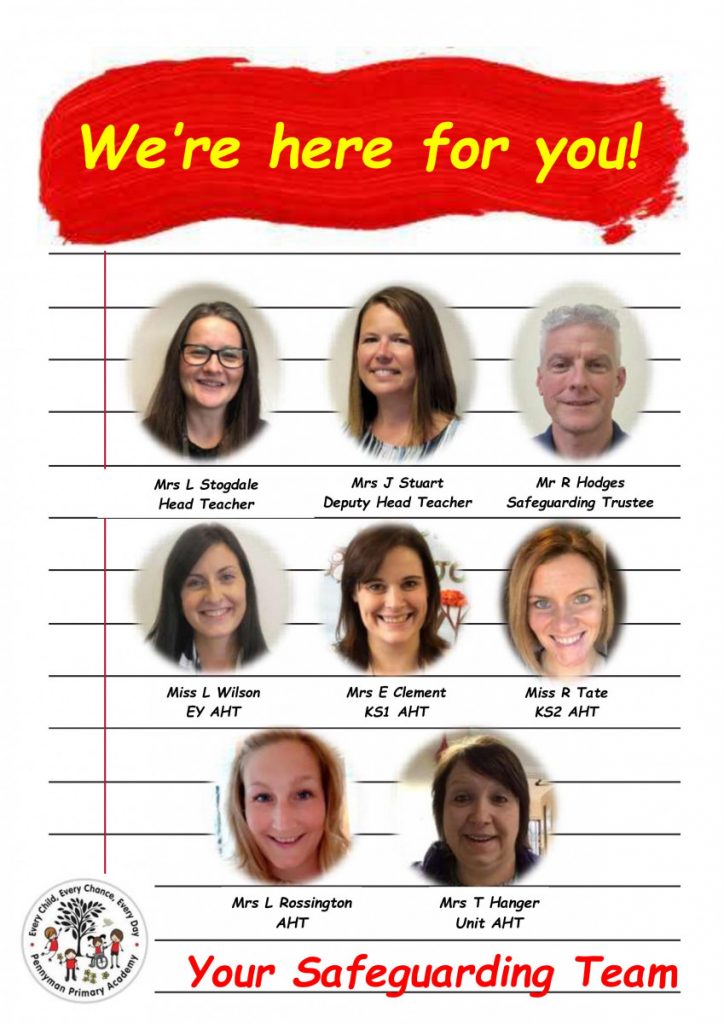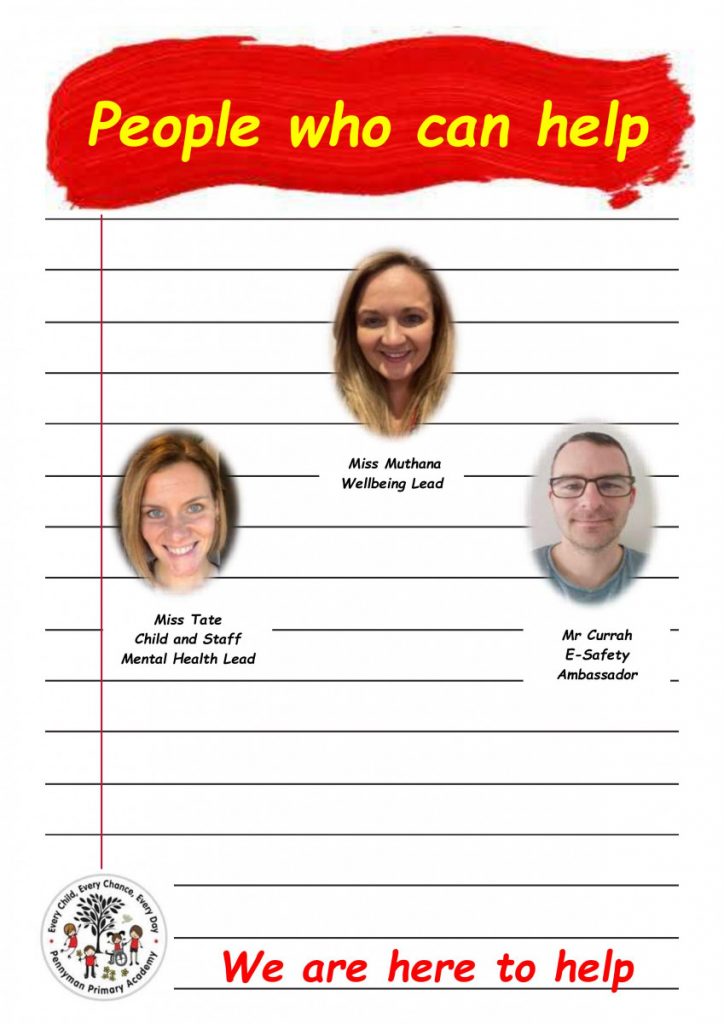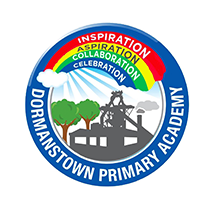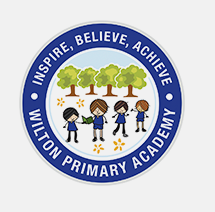Safeguarding
Our academy recognises our moral and statutory responsibility to safeguard and promote the welfare of children. We will be alert to signs of abuse and neglect and we will follow our procedures and policies to ensure that children receive effective support and protection.
We keep children safe by:
- Having an up to date child protection policy.
- Check the suitability of all our staff that work with children through stringent checking procedures.
- Have an open door policy where concerns can be shared in confidence.
- Ensure all our staff have up to date child protection and safeguarding training.
- Share information with appropriate agencies if we have concerns.
- Have three identified members of staff who have responsibility for safeguarding.
- Have strong links with e-safety advisors who regularly come in to school and work with our children.
Safeguarding is an integral part of our curriculum in the academy, being promoted in our Relationships Education Knowledge Organisers and Knowledge Sequencing document. These include features of healthy relationships, family relationships and other relationships which young children are likely to encounter. Children are made aware of features of relationships that are likely to lead to happiness and security as well as recognise less positive relationships if they encounter them. We have a whole school e-safety scheme using Common Sense Education whose content addresses online safety and this is also embedded through our Computing curriculum. It aims to support children to use technology safely, respectfully and responsibly, recognise acceptable/unacceptable behaviour and identify a range of ways to report concerns about content and contact. Our assembly themes and whole school events also promote how to stay safe, including the use of outside speakers (e.g. fire brigade, road safety) as well as theme weeks/days (e.g. Anti-Bullying Week, Safer Internet Day). Posters around school encourage children to talk to staff if they don’t feel safe or if something is worrying them.
Safeguarding Team
What do I do if I have a concern about the safety, care or welfare of a child or young person?
If you have a concern about a child or young person within school hours (9am to 3pm), you can contact the academy on 01642 314750:
- Head Teacher / Designated Safeguarding Lead – Louise Stogdale
- Academy Deputy Designated Safeguarding Leads – Elizabeth Clement, Jo Stuart, Becky Tate, Laura Rossington, Lauren Wilson and Tracy Hanger
- Trust Deputy Designated Safeguarding Lead – Richard Hodges
Or you can:
- Contact The Multi Agency Children’s Hub on 01642 726004 or email MiddlesbroughMACH@middlesbrough.gov.uk
- Contact the police on 101 or 999 if in an emergency.
IF YOU ARE CONCERNED ABOUT THE SAFETY OR WELL BEING OF ANY CHILD YOU KNOW, YOU SHOULD ACT WITHOUT DELAY.
Many people worry that their concerns or suspicions may be wrong or that they are interfering unnecessarily or that someone else might report it. Our advice would be to report in any case to the school or to the Children’s Hub team where they can give advice and the professionals can process the information you have. Safeguarding children is everyone’s responsibility and it is always better to be safe, by reporting anything, than sorry!
What are the signs of child abuse?
No parent ever wants to think about the possibility of their child (or any child) becoming a victim of abuse, and most children never have to experience this. Even so, it is important for parents to be aware of the possibility and to to know that help is available if the unthinkable happens.
If you notice anything that concerns you, talk to your child.
Message for parents/carers of children with additional needs
Dear Parent/Carer
As a school we take online safety seriously and to support all parents and carers and those parents and carers with children with additional needs we recognise the need to ensure you have handy access to useful links to help you navigate the world of online safety to support your child as best as practically possible.
We all, young people and adults alike, need to understand that although the internet and social media can be a fun, creative and enjoyable place. We also need to understand it can be a place where there are multiple risks such as inappropriate content, inappropriate contacts or risks from conduct of others of all kinds. For those whom may not feel a part of things or have other vulnerabilities, may be at even higher risk from exploitation and abuse.
Middlesbrough Council adopts a Digital Resilience model to tackle online risks in lines with the governments Digital Resilience Framework. Digital Resilience is not a set of rules but rather an approach which shows that resilience is achieved through experiences rather than learning. It empowers young people recognise and managed risks they come across, to have the confidence to confide in trusted relationships and reflect on their own behaviours with regular parental input along the way.
Resilience approaches enable young people, with assistance from trusted adults, to thrive and flourish in online spaces and equip them with the skills to develop their own ways of protecting themselves against negative online experiences.
The basic principles of young people’s Digital Resilience are
- Understand – The risks online and make informed decisions about their digital spaces
- Know – Where to go and what to do and how to seek help
- Learn and Adapt – individuals can reflect and learn from experiences and able to adapt their future choices
- Recover – Individuals are equipped with the confidence to recover from trauma and trusted relationships can offer strategies to help aid recovery
Discussing online safety concerns and knowledge with your child is one of the best safeguards there is, it really does develop resilience and is shown to have impact in their positive online decisions! As a very minimum parents should know where to go and what to do when something happens in an online space, the time to find out is not during crisis!
To report exploitation or coercive behaviours online of any kind report to CEOP https://www.ceop.police.uk/safety-centre/ or contact police on 101.
To help your conversations and check apps and products our children use online are safe and secure you can visit organisations like
www.saferinternet.org
E-safety Guides for Schools | National Online Safety
www.internetmatters.org/resources/the-online-facts-of-life/#guides
Online safety issues – advice to support children| Internet Matters
www.thinkuknow.co.uk
For children with SEND it is of concern to parents and carers to ensure they are safe online and therefore some additional resources have been sourced which you may wish to consider when helping your child increase their resilience online to keep them safe.
Childnet has a full section on supporting young people with SEND online which divides content into advice for parents/carers on starting a conversation focusing on the 3 `c`s which are content, contact and conduct online.
You can access the link here https://www.childnet.com/parents-and-carers/hot-topics/supporting-young-people-with-send-online/
A parents and carers toolkit is also available from the Childnet page which helps guide parents and carers with having those initial conversations and making family agreements to support online safety.
Useful links
Useful Links
DfE Guidance for Parents/Carers – Keeping children safe in out of school settings
https://assets.publishing.service.gov.uk/government/uploads/system/uploads/attachment_data/file/931331/6.6903_DFE_OOSS_Information_Leaflet_Parents_and_Carers_A5_v5.pdf
Reporting extremist Material Online (Report online material promoting terrorism or extremism – GOV.UK (www.gov.uk) ) This is a self reporting link to report extremist material online where the Counter Terrorism Policing Internet Referral Unit will investigate and if identified as extremist in content will seek to remove.
Act Early (ACT Early | Prevent radicalisation ) This is the link to Counter Terrorism Policing PREVENT website which provides information on spotting the signs of radicalisation and how you can get safeguarding support if you think a loved one or friend is at risk
Internet Matters ( Information, Advice and Support to Keep Children Safe Online (internetmatters.org) Internet Matters is a nonprofit organisation, based in London, England. It was established to help parents keep their children safe online and provides lots of useful practical advice across a wide age range all aimed and keeping young people safe online
UK Safer Internet Centre (UK Safer Internet Centre – Online Safety Tips, Advice and Resources | Safer Internet Centre) The UK Safer Internet Centre is funded under the Connecting Europe Facility (CEF) programme of the European Commission. As such we contribute to the Better Internet for Kids (BIK) core service platform to share resources, services and practices between the European Safer Internet Centres and advice and information about a better internet to the general public
Barnardos (www.barnardos.org.uk): Barnardos run specialist services for children and young people who have engaged in harmful sexual behaviour or area risk of or experiencing child sexual abuse and exploitation
Childline (www.childline.org.uk): Childline is a free, private, and confidential service where children and young people can talk about anything either on the phone or online. Childline provides information and advice on a range of topics including nudes and semi-nudes and, with the IWF, offers Report Remove, a tool to help under 18s in reporting images and videos to get them removed from the internet. Childline also includes online safety advice for deaf children and young people
Childnet (www.childnet.com): Childnet provides free online safety information, advice and educational resources for young people, professionals and parents and carers. This includes session plans on online sexual harassment, healthy relationships and the sharing of nudes and semi-nudes. Learning resources for children and young people with special educational needs and disabilities(SEND) are also available
NCA-CEOP – Thinkuknow (www.thinkuknow.co.uk): Thinkuknow is the online safety education programme from the National Crime Agency. It provides information and advice for parents and carers and children and young people on sex, relationships and the internet.
NSPCC (www.nspcc.org.uk): The NSPCC provides training and guidance for professionals and advice for parents and carers across a range of child safeguarding topics. The NSPCC also provides services that work to protect children against sexual abuse and free teaching resources and lesson plans that explore healthy relationships, concerning or abusive behaviour, and sharing images online. Learning resources for children and young people with SEND are also available.
Operation Encompass
Pennyman Primary Academy participates in the Operation Encompass partnership scheme. This is an arrangement between educational settings and Cleveland Police.
Operation Encompass was created to provide early reporting to school about any domestic abuse incidents that occur outside of schoolhours to which any pupils attending may have been exposed and which might then have an impact on them.
This information will be shared on academic days during term time.
Where incidents occur on a weekend or during a school holiday, the Police will contact the relevant school the following Monday / next working day.
The Children Act 2004 places a duty on agencies to share information for the purpose of child safeguarding and welfare. Information will only be shared with the school by the Police where it is identified that a young person was present at the time and is focused solely on identifying and addressing child welfare concerns.
A nominated member of staff, known as a Designated Safeguarding Lead (DSL), has been trained to liaise with Police. They will be able to use information that has been shared with them in confidence to ensure that the schoolis able to make provision for possible difficulties experienced by children or their families. The DSL will keep this information confidential, and will only share it on a need to know basis, for instance to teaching staff for the child or young person to ensure their welfare needs are met. It will not be shared it with other students.
Operation Encompass was first introduced in Plymouth in February 2011, and has proved very effective in providing appropriate and timely support to young people affected by domestic abuse. This initiative has been implemented across the whole of the Cleveland Police area since 2016. If you would like some more information about it, you can view it online at www.operationencompass.org.
We are keen to offer the best support possible for our pupils and a recent review of Operation Encompass showed that it is beneficial and supportive for all those involved.
-
TVED Safeguarding Policy Download
-
Visitor Safeguarding Leaflet Download
-
DfE Guidance: Keeping children safe in education 2022 Download








